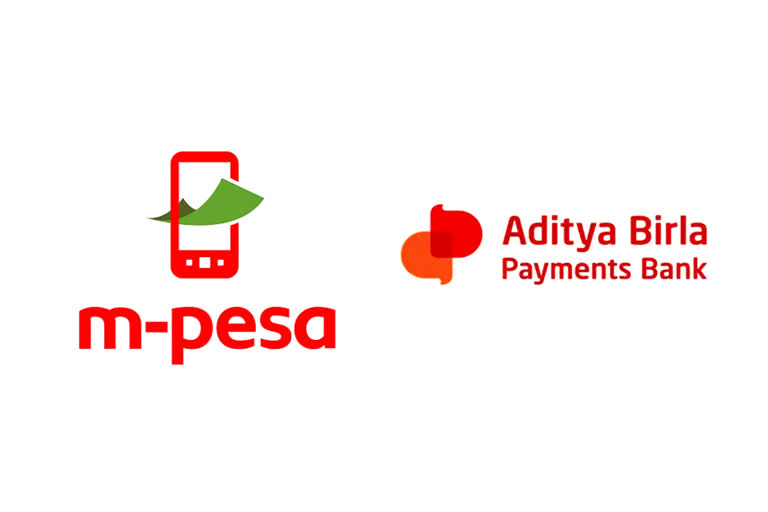Mumbai: Explaining the payments banks face stringent regulations both on the asset and liabilities side, a report from the economists at SBI explained the reasons behind the wind up of Payments Banks on Monday.
The report came days after the Aditya Birla Payments Bank, of the handpicked licensees, reportedly decided to shut down from October 2019. Vodafone m-Pesa had also shut shop earlier this month.
Explaining why the entities are working merely as an aggregator and there is no possibility for them to be a "real competitor" for the universal banks, the report gave the following reasons:
- Payments Banks are not allowed to lend
- Deposit acceptance is capped at Rs 1 lakh
- The capital requirement is at a steep 15 per cent despite the business being free from credit risks
- The higher disclosure norms that oblige them to share their business plan with the regulator could prove to be "somewhat tricky" when the business model of the technology-intensive companies itself could be the biggest source of their competitive strength
Requirementof regulatory support
The future is "uncertain" for payments banks and the model aimed at deepening financial inclusion requires regulatory support in order to be effective, a report said.
